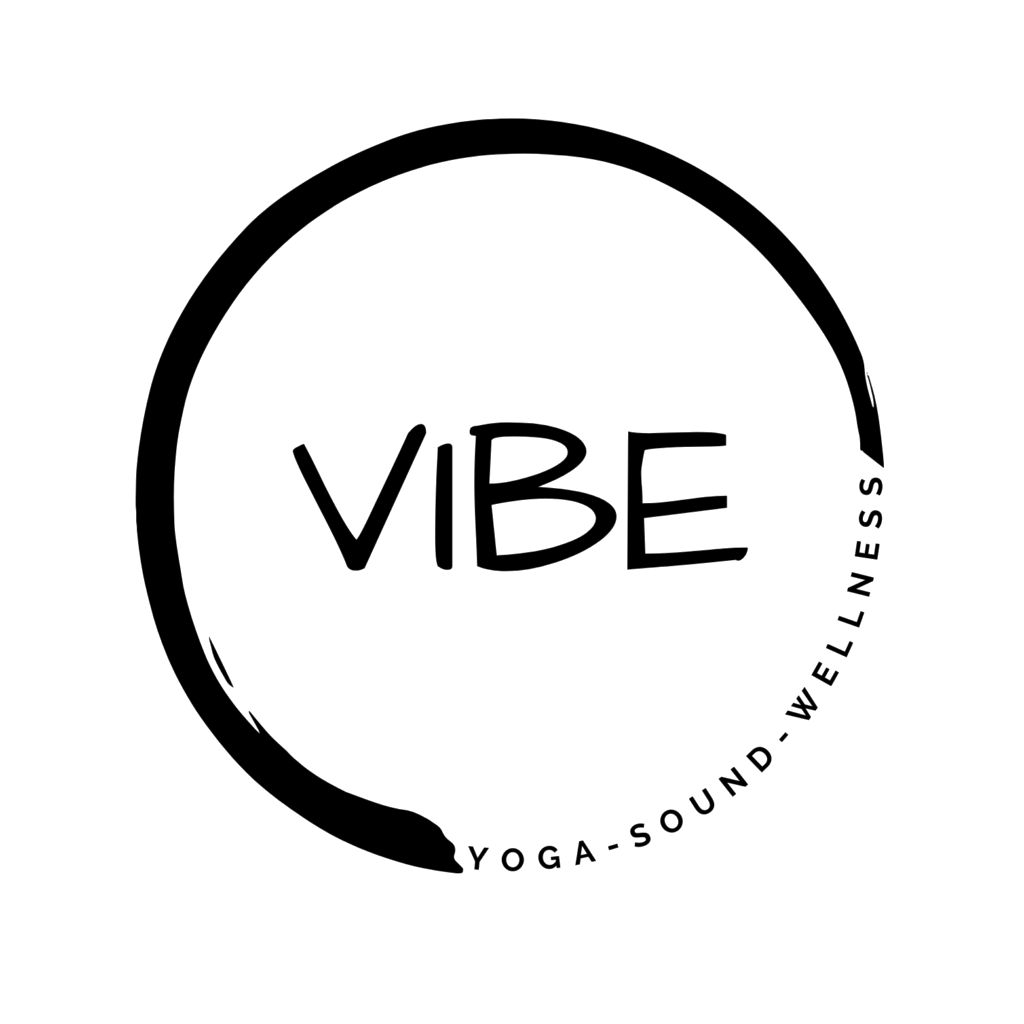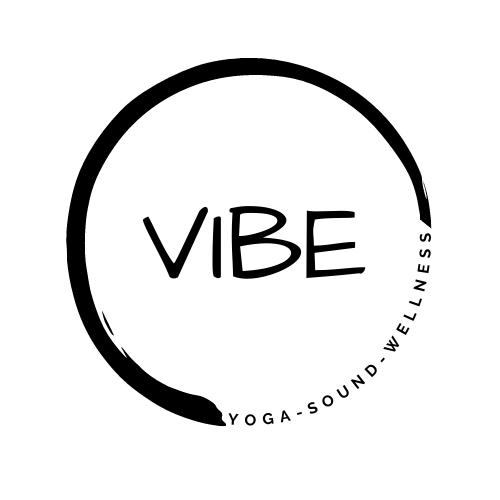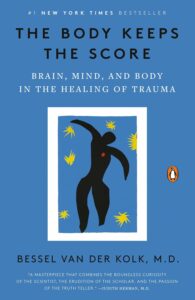In the realm of holistic healing and self-discovery, the intersection between psychology “The Body Keeps the Score” by Bessel van der Kolk, M.D., stands as a cornerstone text in this field, offering profound insights into trauma, its effects on the body, and pathways to healing. As a yogi, delving into this work not only deepens one’s understanding of the mind-body connection but also illuminates the transformative potential of ancient yogic practices in addressing trauma.
Understanding Trauma and Its Manifestations: Van der Kolk’s seminal work elucidates how trauma lodges itself within the body, shaping our thoughts, emotions, and behaviors. Through the lens of yoga philosophy, we recognize this as the imprinting of samskaras—residual impressions from past experiences that influence our present state of being. Trauma disrupts the flow of prana (life force) within the body, manifesting as physical tension, emotional distress, and cognitive distortions.
Yoga as a Pathway to Embodied Healing: Yoga, with its rich tapestry of practices, provides a holistic framework for healing trauma. Asanas (physical postures) release stored tension from the body, promoting the free flow of energy. Pranayama (breath control) calms the nervous system, fostering a sense of grounding and safety. Meditation cultivates mindfulness, enabling practitioners to observe and disentangle themselves from the grip of traumatic memories.
The Power of Embodied Presence: Central to both van der Kolk’s teachings and yogic philosophy is the importance of embodied presence—the ability to inhabit the present moment fully. For trauma survivors, this journey begins with befriending the body as a sanctuary rather than a battlefield. Through practices such as body scanning, mindful movement, and yoga nidra (guided relaxation), individuals gradually learn to reclaim ownership of their somatic experiences, fostering a sense of empowerment and agency.
Honoring the Wisdom Within: In “The Body Keeps the Score,” van der Kolk emphasizes the significance of finding meaning and purpose as integral aspects of the healing journey. Similarly, yogic teachings urge us to tap into our inner wisdom—the innate intelligence that guides us toward wholeness. By cultivating svadhyaya (self-study) and viveka (discernment), individuals can unravel the layers of conditioning and self-limiting beliefs, uncovering their true essence beyond the confines of trauma.
In the union of “The Body Keeps the Score” and yogic principles, we find a harmonious synergy—a synthesis of modern science and ancient wisdom, offering a roadmap for healing and transformation. As yogis, we embark on this journey with reverence for the body, reverence for the breath, and reverence for the boundless potential of the human spirit. May we continue to explore, embody, and share the profound teachings that illuminate the path toward healing, wholeness, and awakening.
Join us Vibe Yoga Sound Wellness in the Month of April



Leave a Reply